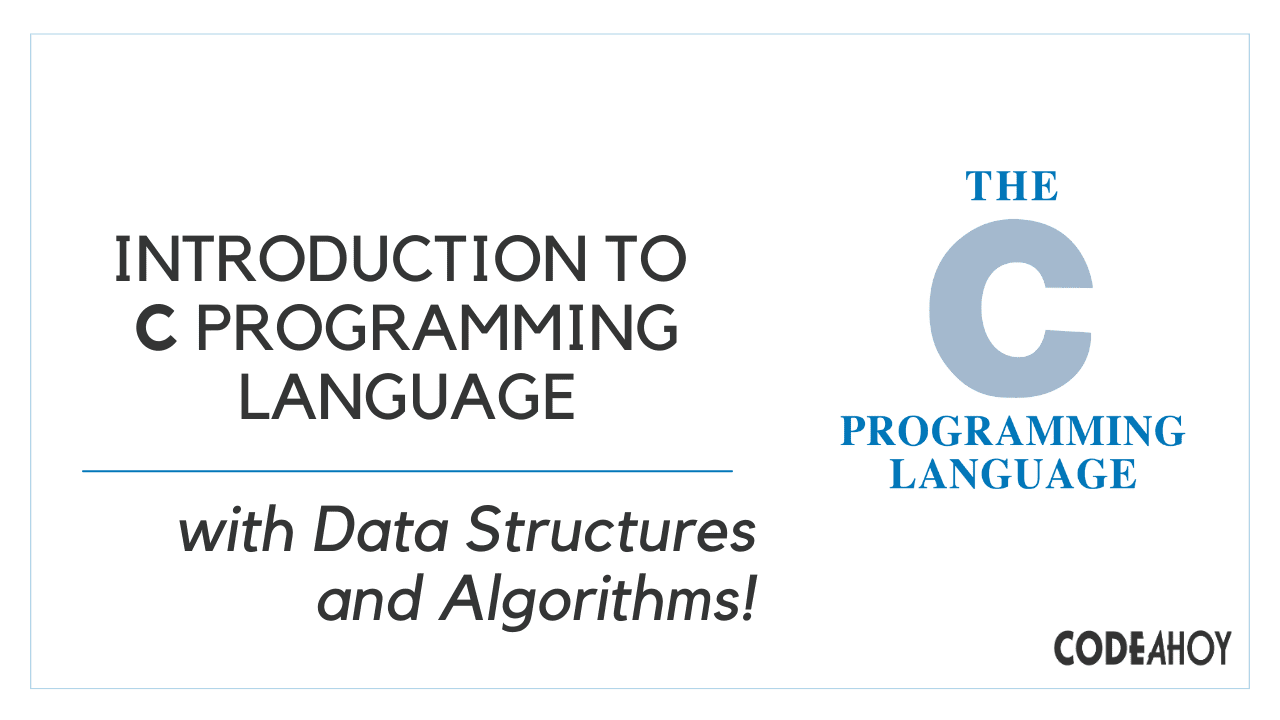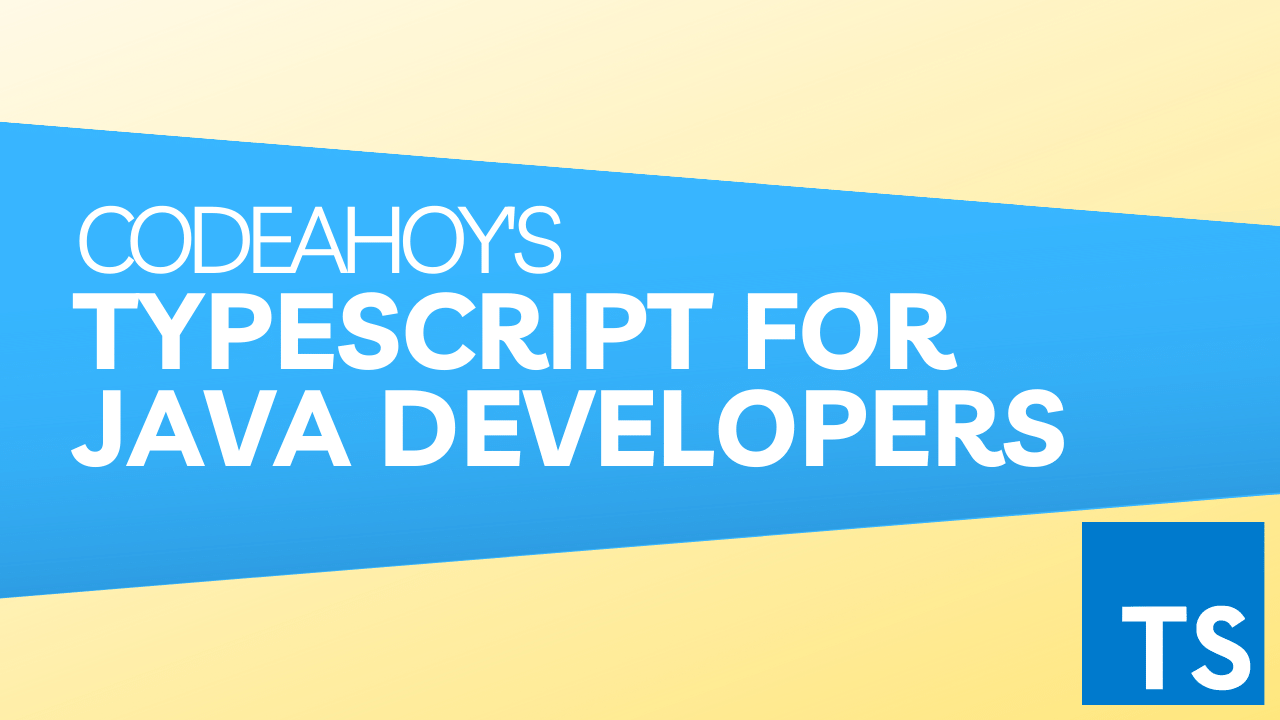Books / Ruby for Beginners / Chapter 23
Symbols in Ruby
Symbols are very similar to strings. Symbols are instances of Symbol class (and strings are instances of String class). Here is how you define a symbol in Ruby:
# assign symbol :something to variable "x"
x = :something
Compare the code above to strings definition:
x = "something"
x = 'something' # alternative syntax
We use symbols when logically variable belongs to a set of similar values, for example:
order.status = :confirmed
order.status = :cancelled
Symbol “:confirmed” can be used in other parts of a program. But why are we using symbols in Ruby when the code above works well with strings? Consider:
order.status = 'confirmed'
order.status = 'cancelled'
It’s true, we often don’t have to use symbols. Moreover, in some programming languages there is no any concept of symbols at all (for example, in JavaScript). But there are few reasons why a Ruby programmer wants to use symbols.
First reason is that symbols are immutable. One can’t perform dangerous operations on them, but it’s possible for strings (like “upcase!”). In other words, by using symbols you demonstrate your intent: this value is fixed, and there is probably a limited set of similar values.
It’s similar to a theatre ticket. You can write “Sector A” by hand on every ticket or you can use rubber stamp for this purpose. Stamping takes less resources and it is much faster. Moreover, every word written by hand is unique, like strings - they look the same, but technically located in different parts of computer memory. But stamped words are always the same and lead to the only one source.
Second reason is that symbols are efficient and reusable, and because of immutability Ruby interpreter doesn’t need to allocate memory every time you create a new symbol. For example, if you have a string of “something” (9 characters), and you define this string in thousands of different places, interpreter will use at least of 9000 bytes of memory when program gets executed.
But that’s not the case for symbols. We allocate only one chunk of memory per symbol, so no matter how much definitions of “something” we have, we’ll use only 9 bytes of memory.
Technically speaking, references to the same symbols are always the same. References to the same strings aren’t always the same, they can be the same.
Let’s play and use a bit tricky way to create an array of strings, for each create-operation we’ll be calling a block:
arr = Array.new(100) { 'something' }
Code above creates 100 strings of “something”. These strings are all different objects. Here is how you can verify that (use __id__ property of Object):
> arr[0].__id__
70100682145140
> arr[1].__id__
70100682144840
But when we create an array of symbols using the same trick, result is different - Object identifier is always the same:
$ pry
> arr = Array.new(100) { :something }
...
> arr[0].__id__
2893788
> arr[1].__id__
2893788
In other words, array of symbols has references to the only one object.
Another benefit of symbols is that Ruby compares symbols by reference only. And reference is just a value like 0xDEADBEEF that fits into one of CPU registers (4-8 bytes, depending on architecture).
That being said, Ruby can compare symbols by comparing two short references. But string comparison implemented with byte-by-byte comparison, with two pointers to different areas of a memory, so it’s very inefficient.
Computer scientists say that two symbols comparison operation takes constant time (often represented by big-O notation as O(1)). And string comparison takes linear time, O(N).
Your program will work fine if you always use strings and never use symbols. But if you’re looking to optimize your code, and make it more efficient, or to show your intent to other programmers, you might need symbols.
Exercise You’re becoming more professional programmer, and this time you were assigned a real story from your technical lead. Here is how it sounds: _As a user, I want to play rock-scissors-paper game with a computer, so I can spend my time with fun. You can use “
[:rock, :scissors, :paper].sample” to get the random symbol. Here is how the beginning of a game may look like:
print "(R)ock, (S)cissors, (P)aper?"
s = gets.strip.capitalize
if s == ...




